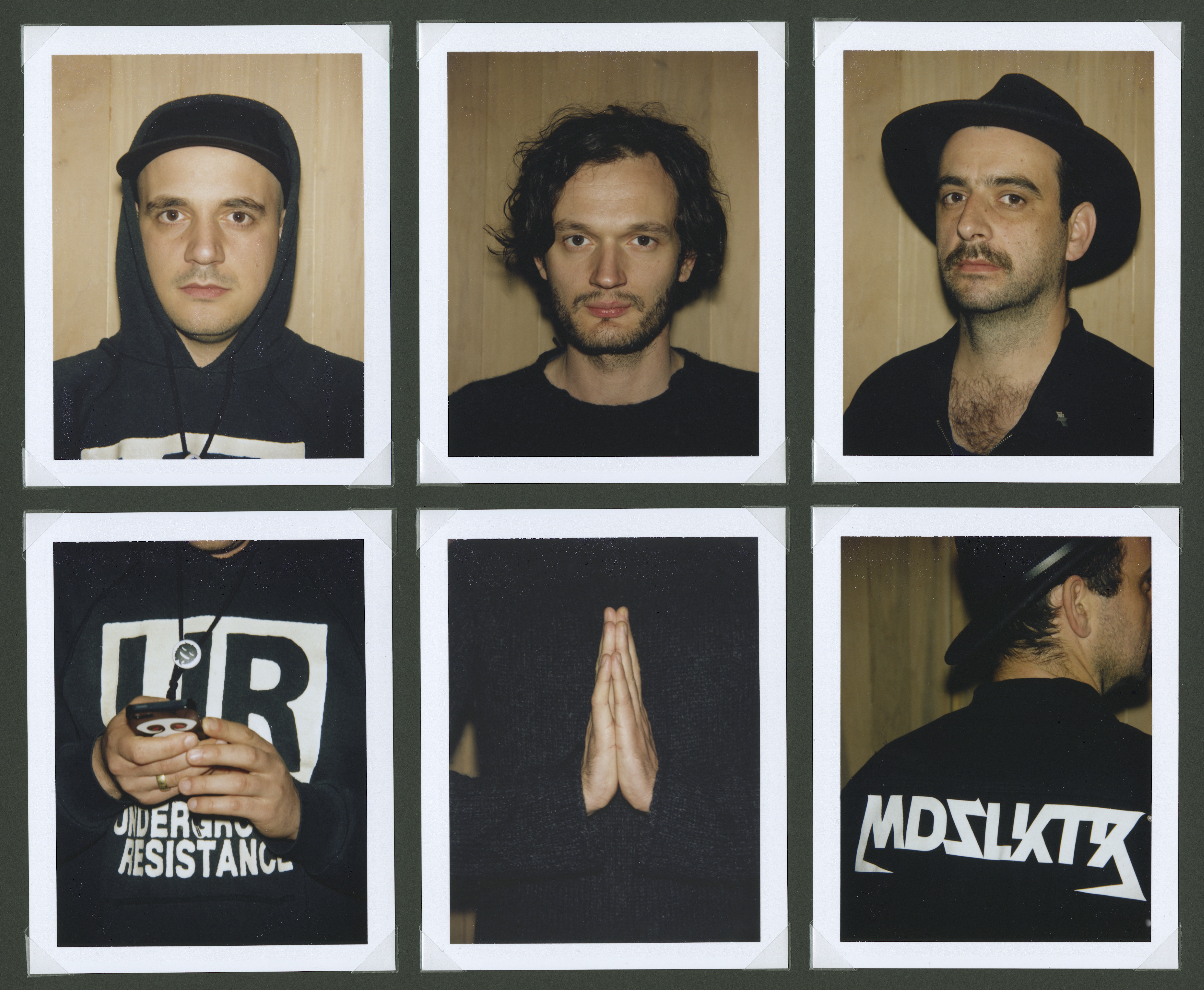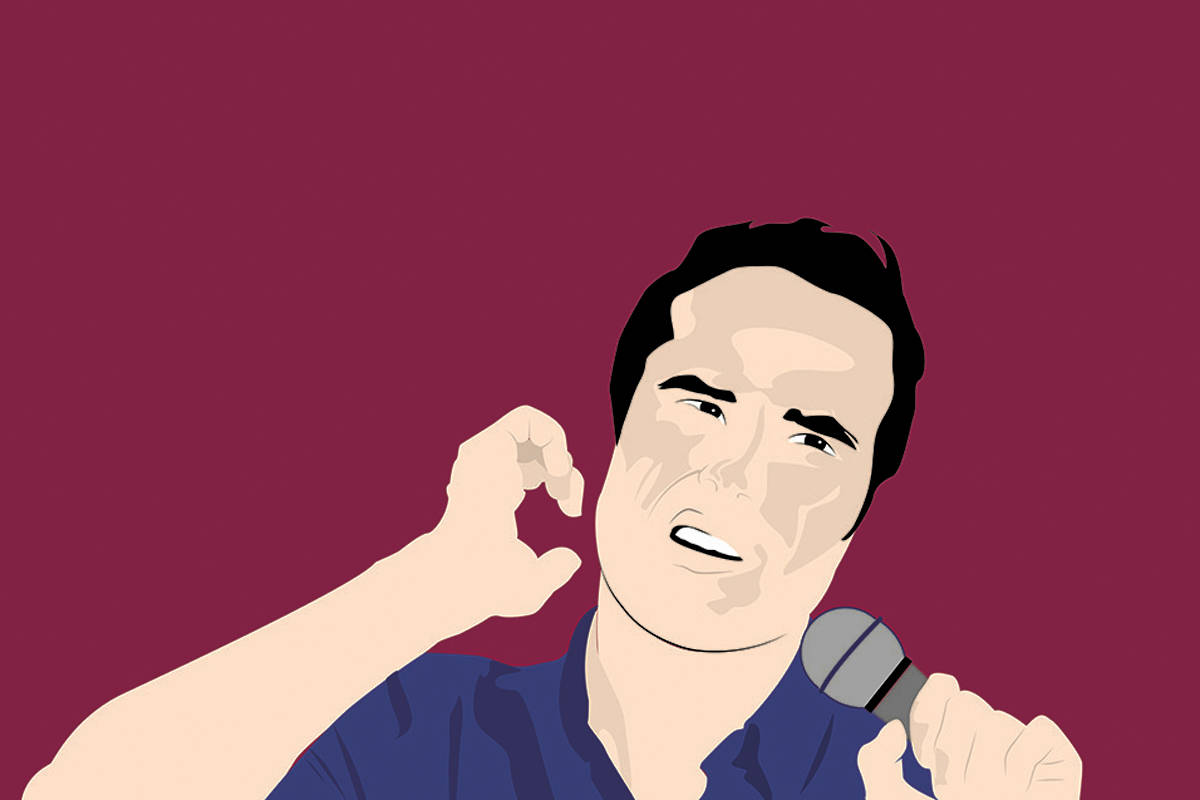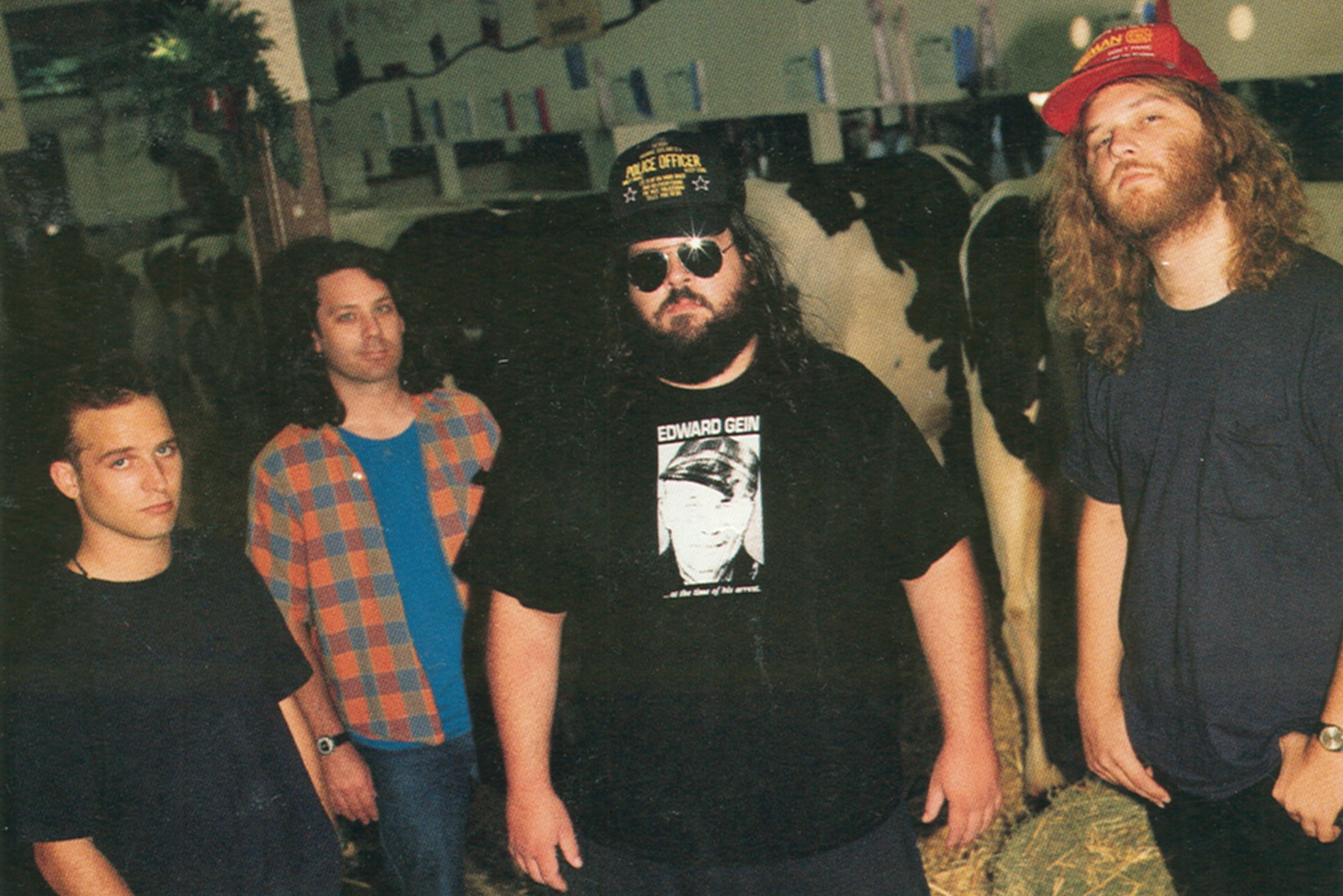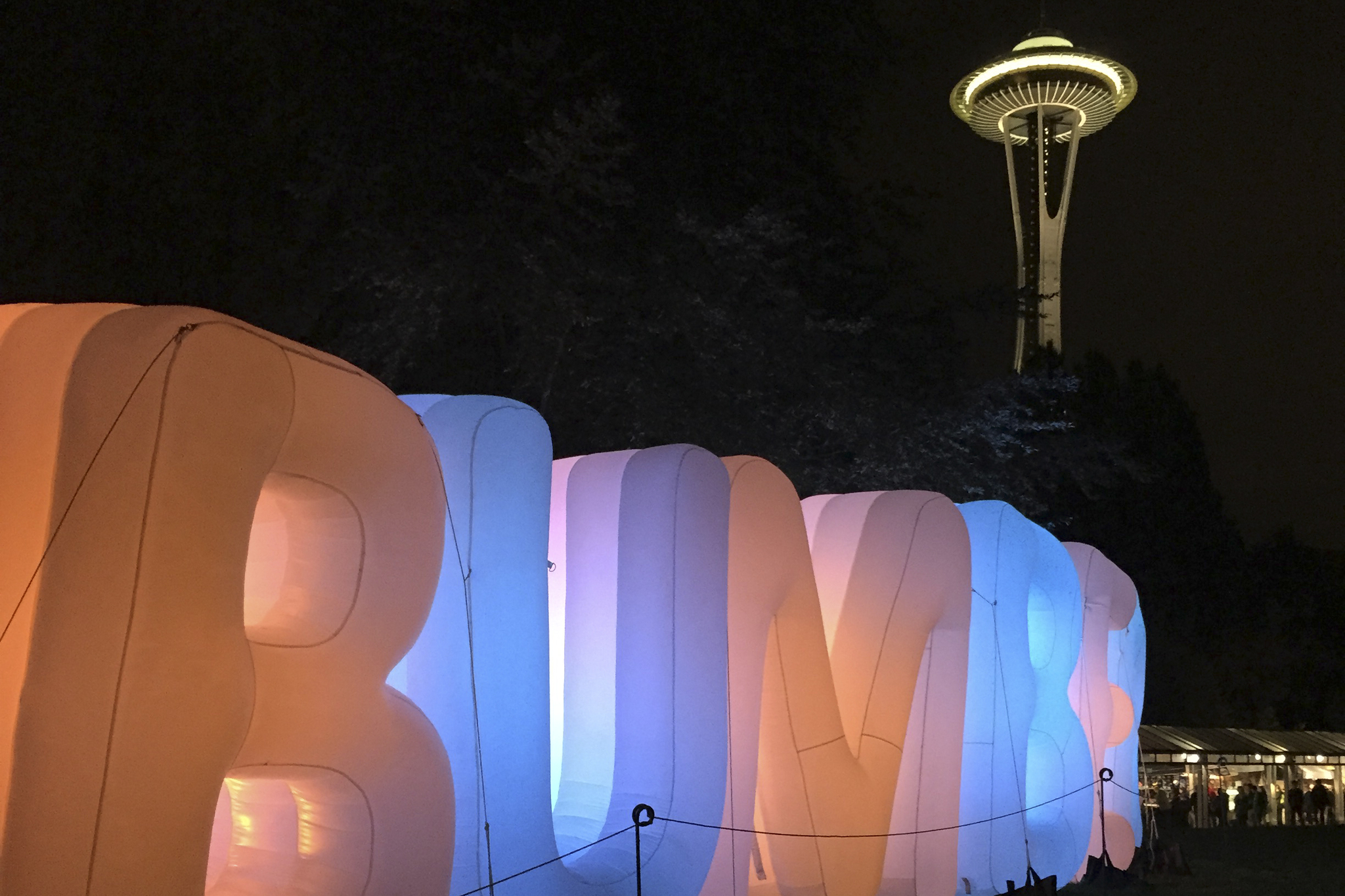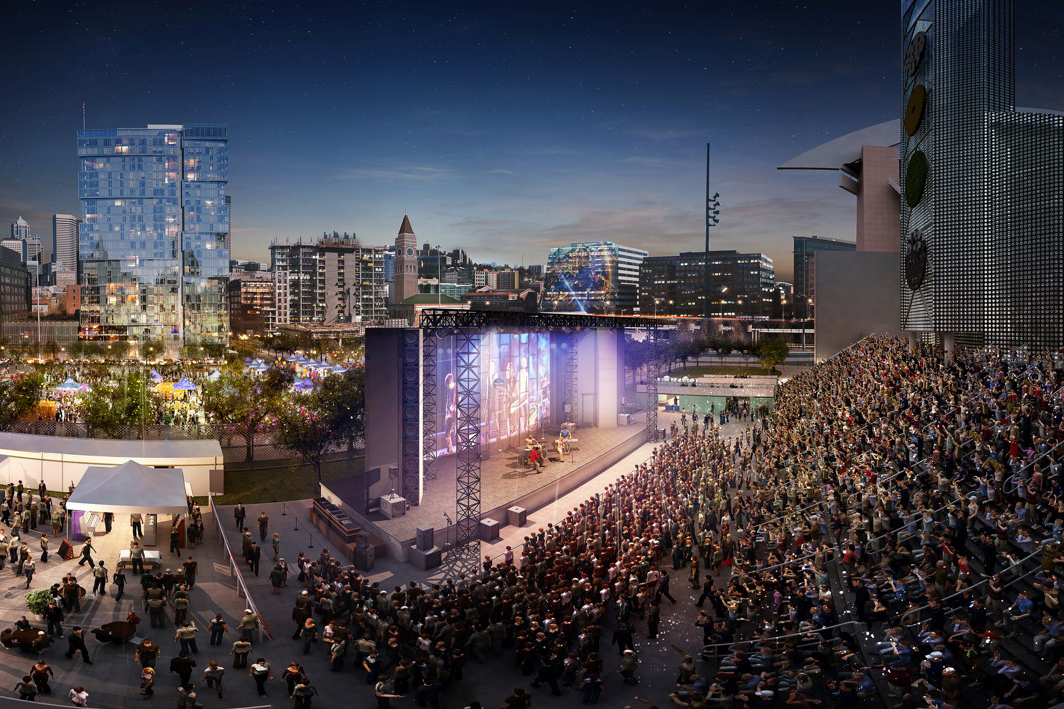Holing themselves up in the studio for six months, the three members of the Berlin-based electronic supergroup Moderat–a collaboration between Modeselektor and Apparat–finally emerged with the long-awaited follow-up to their acclaimed self-titled 2009 debut. Though the members have known each other for a dozen years, their output together has been limited by the success of their respective main musical endeavors, but music press on both sides of the Atlantic have been quick to praise the band’s sophomore album II. NME called it “hypnotically hip,” while Pitchfork said the album was “just about perfectly synchronized with the zeitgeist.” For the latest edition of Tell Me About That Album, we caught up with Sascha Ring, the Apparat portion of the collaboration, to learn more about the making of II and why Seattle is such a good town for electronic music. Moderat plays the Neptune Theater on Wednesday, August 28th.
Second records can be famously tough, especially on the heels of a successful first outing. Is it different writing for an audience as opposed to just writing for fun like you presumably did on the first album? We mostly tried to ignore it. When we prepared for the record, we were like, “This first one was kind of successful so how are we going to build up from there?” But once we met at the studio the first day we had to deal with so many other things it became an internal affair between us and we didn’t think about the other people so much. I think that’s what made it, at least in terms of expectations and all that stuff, easier for us. We had to readjust to each other again. The first one was four years ago and when we finished the first one, we had some kind of flow and we knew how to make a record together. But four years later, you have to start again basically.
Were there differences in the process this time or was it like riding a bike where you quickly found your groove together again? For the first one, we just exchanged tracks and then someone would do some kind of remix and we would bounce it to the other guy. It was more of a recycling process. This time, for some reason, there wasn’t that much good material left on our hard drives. Maybe because when we were younger we were much more productive. This record was a little more focused and a little more conceptual and a little more planned. When we met for the second time there was not so much to start from so we started making new music, that’s the main difference I guess.
Do you talk beforehand about what you want the record to sound like, either sonically or in terms of themes or moods? Whenever we meet, we’re digging for the common ground and where everybody is at the moment. We tried to keep the elements from the first record, the ones we liked, which was like a cinematic feel and the space and the sound, but I started listening to ‘80s music and Gernot [Bronsert] was listening to funk and soul and stuff so all these new ingredients were put in there. In the end, we throw everything into a big bowl and mix it and see where we end up.
Do you think of yourselves as a band? Is it difficult to be more collaborative? None of us have really been in a band before. We’ve been DJs. Modeselektor, since they are two people, they learned how to interact with each other. We had to think about different roles like you would in a traditional band. Since we are three producers and we are basically able to do everything, it’s not always good if everybody does everything. I’m kind of the melodic guy. Gernot is the beat guy and [Sebastian] Szary is the guy for experimental stuff. It doesn’t mean that I didn’t make a drum part or that Gernot didn’t make some melodies but as a guideline it worked.
Is there any thought to how you’ll convey the songs onstage or are you working backwards after the record is done to figure out how to do the songs live? That’s kind of Gernot’s job. We would always sit in the studio and say, “This song needs another part here” and Gernot would enter the room and say, “Guys, there’s too much shit going on. How are we supposed to play that live? And what about this tempo? We cannot fit this onstage.” So at least one guy keeps the live show in mind. He reminds us all the time that we should maybe refrain from getting too crazy in some parts.
Along those same lines, are you able to improvise on stage or are you bound by having synchronized visuals? The shows for the first album were quite big on the visuals–and this was all human synchronization. There were no connections to the computer. There was a visual guy and he was part of the band. He was pretty much playing an instrument and his instrument was the pictures. This time we wanted to make it a bit more tight so we thought maybe we would outsource that to the computer and let him focus on other details and that’s what we do know. We compromised. There’s a little bit of synchronization and little bit of the human factor involved.
Seattle is the only American date on your current schedule besides New York and Los Angeles. What makes Seattle such a good town for electronic music? Since Seattle has Decibel and Sean [Horton, Decibel Festival’s founder], it was one of the first American cities I ever played. Probably 2004 was my first time and I played Chop Suey. And then I would just come back every two or three years and play shows and Sean did a good job of introducing non-mainstream electronic music to Seattle. It really makes the difference. You have a few towns in America where music like that works and mostly it’s due to the fact that there are a few people who loved it and invited other people and made it happen. Seattle is definitely one of the towns. For us, the West Coast is only Seattle and San Francisco and L.A., everything else is really, really difficult. It’s not like a rock band where we can play 40 shows in all these towns.
Do you guys have a bigger following in Europe than you do in the States? Yeah. The funny thing is, it’s always been the same through the crazy EDM hype. There wasn’t this crazy step forward just because electronic music is now mainstream in America. It’s still the same promoters who are still doing the same things. Maybe a few more people come but it’s been like that for 10 or 15 years. Electronic music has been there for a long time but people weren’t aware of it.
